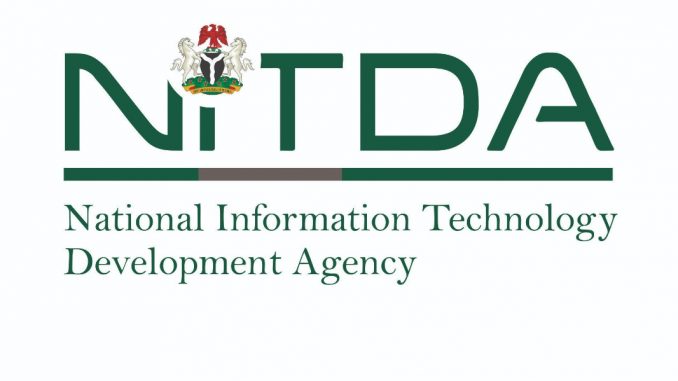The Administrator of the Digital Bridge Institute (DBI), an arm of the Nigerian Communications Commission (NCC), Dr. Ikechukwu Adinde, has noted that only massive investment by the government will drive Nigeria’s competitiveness in the world of innovations powered by Information Technology.
Explaining issues recently in Lagos, he argued that the only way the country could maximise its investments in ICT infrastructure was to focus on skills development and entrepreneurial developments.
He stressed that without strong investment in skills and training, the nation cannot optimally harness the possibilities and potential inherent in the deployment of infrastructure across the country.
In his lead submission, Adinde noted that time has come for a paradigm shift in which ICT funding should be spread across hardware, software and skills continuous acquisition
According to him, “There are two ways to funding ICT: infrastructure side and soft side (skills and knowledge). On the hard side, which is the infrastructure side, it is easy to perceive the investment that is being made and often times, that’s what the government talks about (buying computers, equipment, installing gadgets etc), but the most important part is the skills and the knowledge that people need to harness the potential in those hardware investments”.
While keeping mute on the poor use of the massive DBI complex, he recalled that “DBI had made a case sometime in 2016 at the capacity building symposium organised by the International Telecommunications Union (ITU) that the investments in Universal Service Provision Fund (USPF) across Africa instead of being channelled wholly and exclusively to ICT infrastructure should be dedicated to ICT skills development, in that if someone is investing $10 million in ICT infrastructure, 10 per cent of the money should go for ICT skills development, especially targeted at the youths.
“They are the ones who will use the infrastructure to innovate, create and develop the things that will make the future happen, but as long as we don’t make that investment, then it means that you’ll put a piece of ICT equipment in an office and nobody is using it because the skills are not there.
Adinde noted that “A typical phone, for example, can do a lot for us but because the knowledge of the use of the phone is not available, meanwhile we’ve invested a lot of money buying this device, we limit ourselves to just making calls and sending text messages”.









